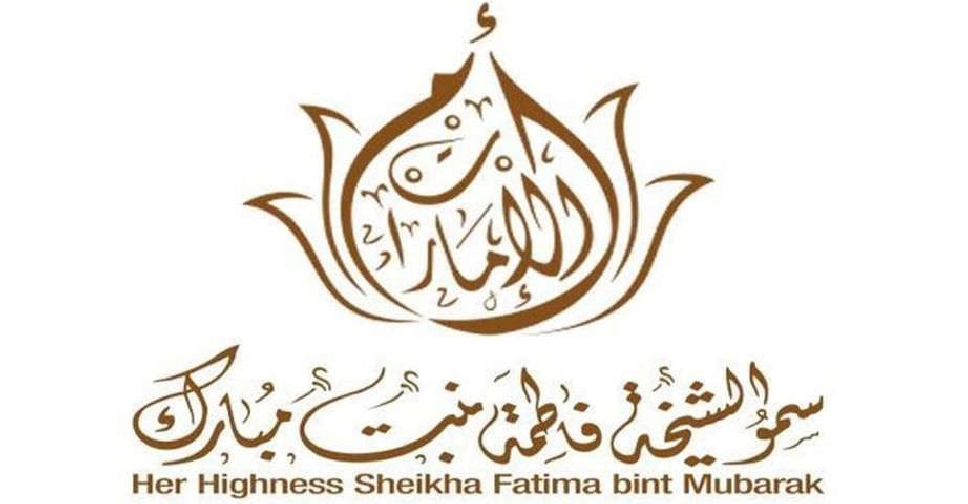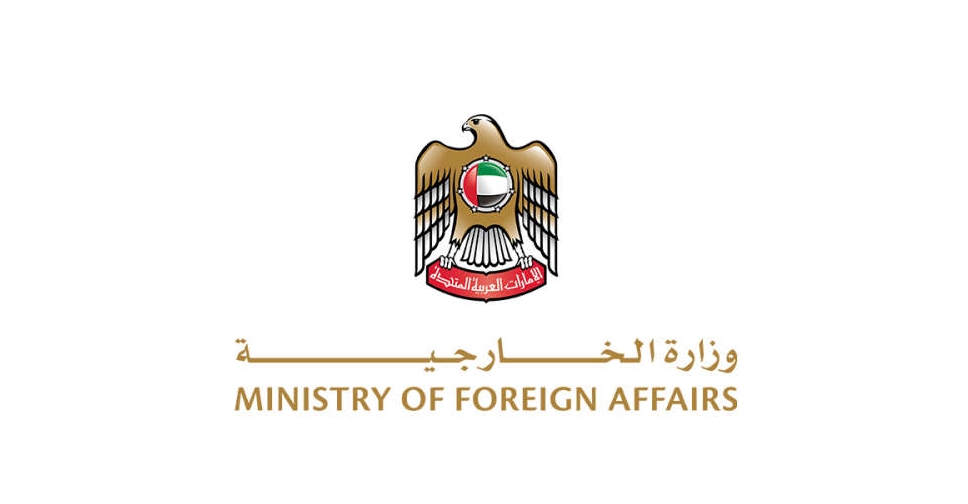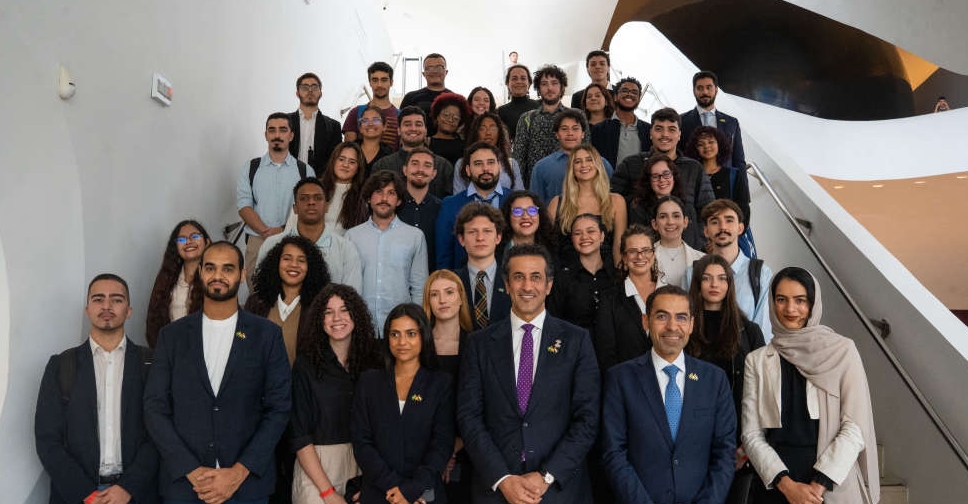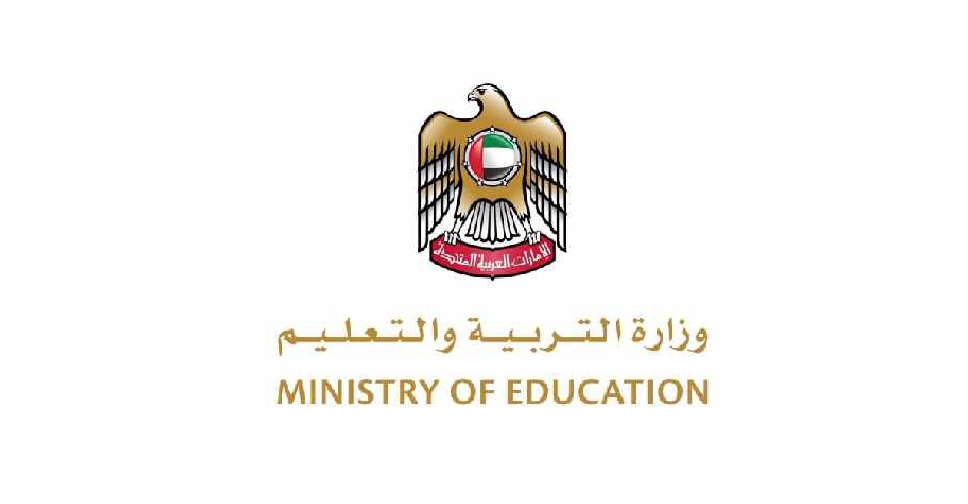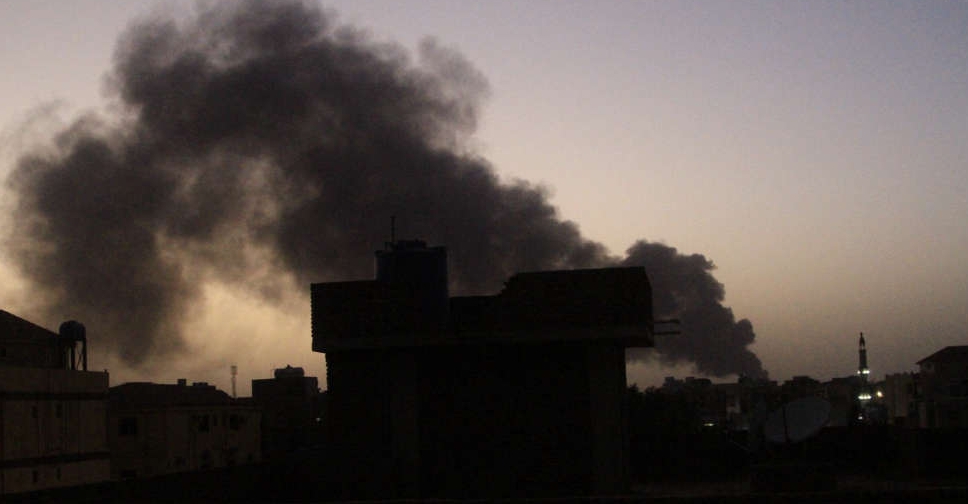
Sudan's army suspended talks with a rival paramilitary force on Wednesday over a ceasefire and about enabling humanitarian access, a Sudanese diplomatic source said, raising fears of fresh bloodshed in the more than six-week-old conflict.
The negotiations with the Rapid Support Forces (RSF), which began in early May, had produced a declaration of commitments to protect civilians and two short-term ceasefire deals, although those deals were repeatedly violated.
Residents reported heavy clashes in southern Khartoum and in Omdurman across the River Nile until late on Tuesday.
The army, which relies on airpower and artillery, and the RSF, a more lightly armed force but a tough adversary in Khartoum street battles, had agreed to extend a week-long ceasefire deal by five days just before its Monday expiry.
Army chief Abdel Fattah al-Burhan, a career military officer, and RSF General Mohamed Hamdan Dagalo, a former militia commander known as Hemedti, have been locked in a battle for power since April 15. Neither side seems to have an edge.
The RSF said in a statement late on Tuesday it was committed to the ceasefire "despite repeated violations" by the army.
Before the ceasefire deal was renewed, an army source said the army had demanded the RSF withdraw from civilian homes and hospitals as a condition for an extension. After the five-day extension was agreed, talks continued on the terms of the truce.
The truce was brokered and is being remotely monitored by Saudi Arabia and the United States. They say it has been violated by both sides but has nonetheless allowed the delivery of aid to an estimated 2 million people.
The war has killed hundreds of people and forced nearly 1.4 million people to flee their homes, with more than 350,000 of those heading to neighbouring countries.
Khartoum and the capital area have been the site of the heaviest fighting, although clashes have erupted in other regions, including Darfur, a region in Sudan's far west.
The capital has seen widespread looting and frequent power and water supply cuts. Most hospitals have stopped functioning.
The United Nations, some aid agencies, embassies and parts of Sudan's central government have moved operations to Port Sudan, the main shipping hub on the Red Sea which has seen little unrest.
Leaders of the army and RSF, which emerged from militias the government used to quell an earlier uprising in Darfur, held top positions on Sudan's ruling council since former President Omar al-Bashir, also an army commander, was toppled in 2019.
After Bashir was toppled in an popular uprising, the army and RSF leaders staged a coup in 2021 before they due to hand leadership to civilians. They fell out over the chain of command and restructuring of the RSF under the planned transition.


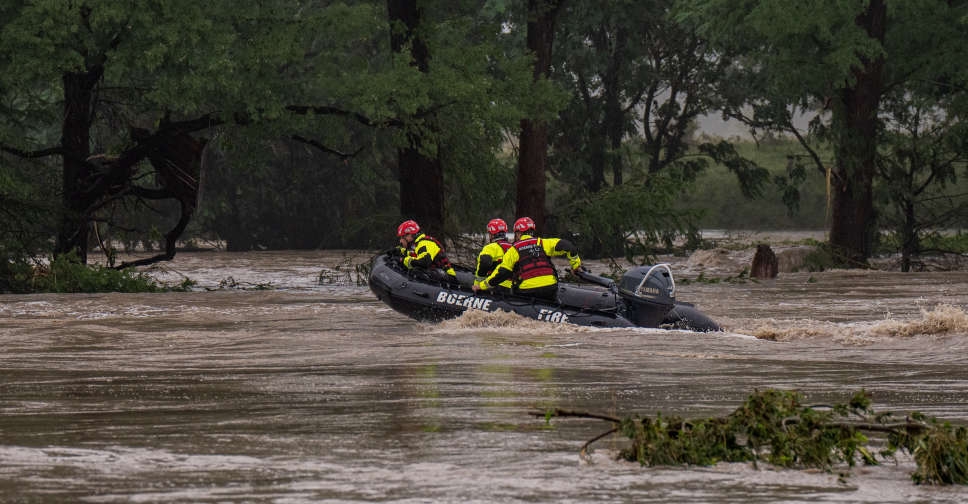 At least 24 dead in Texas flash flooding
At least 24 dead in Texas flash flooding
 Aid foundation says two of its workers injured in Gaza
Aid foundation says two of its workers injured in Gaza
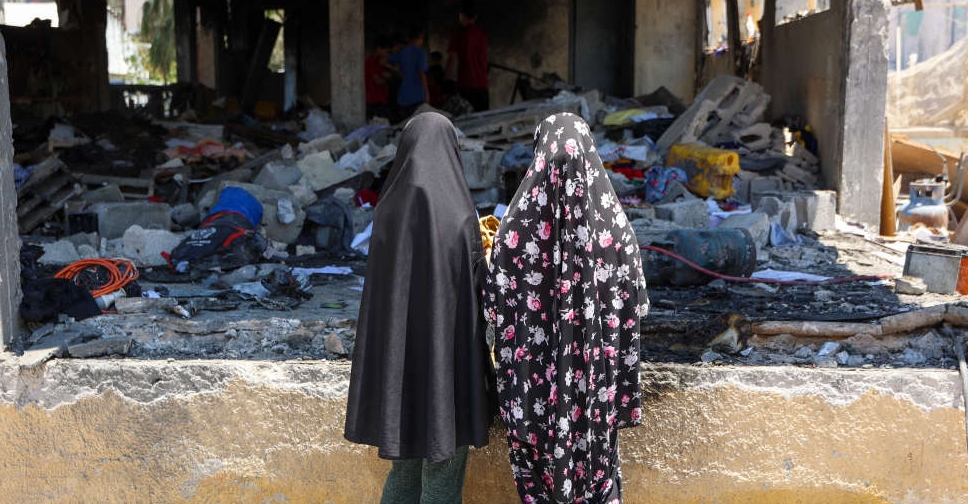 Hamas says it responds to Gaza ceasefire proposal in 'positive spirit'
Hamas says it responds to Gaza ceasefire proposal in 'positive spirit'
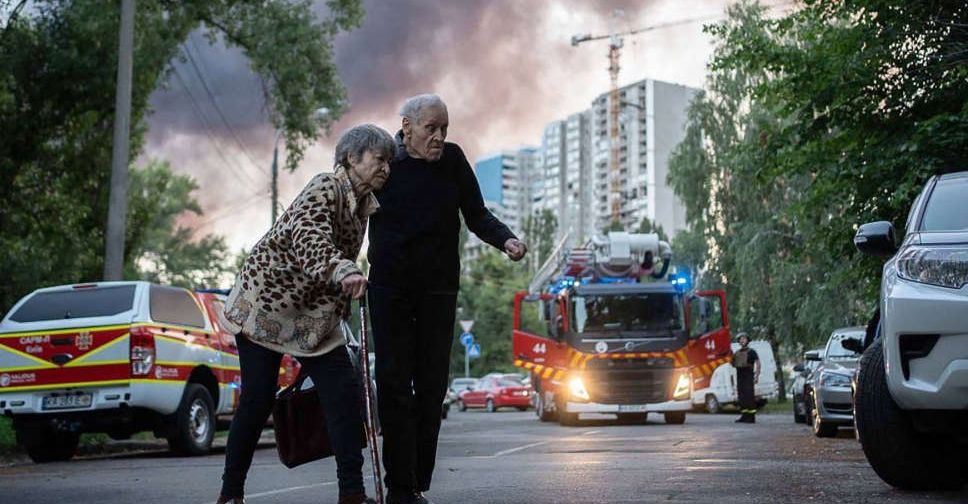 Russia pounds Kyiv with largest drone attack, hours after Trump-Putin call
Russia pounds Kyiv with largest drone attack, hours after Trump-Putin call
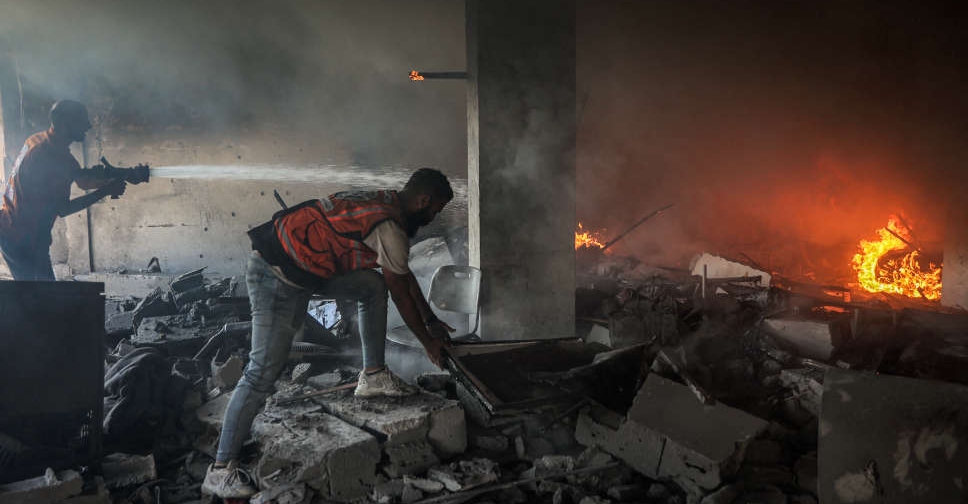 Trump says he expects Hamas decision in 24 hours on 'final' peace proposal
Trump says he expects Hamas decision in 24 hours on 'final' peace proposal
